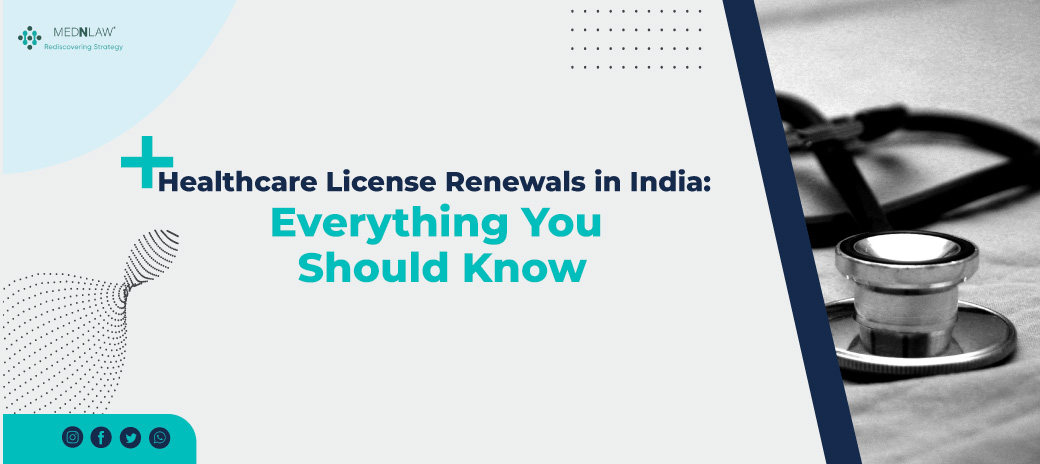
Indeed, the bedrock of India’s healthcare system is its workforce—doctors, nurses, pharmacists, and diagnostic technicians. It is critical to ensure these professionals are qualified and meet the needs of an evolving practice.
This is where healthcare licenses come in, with renewals. In India, these renewals aren’t just bureaucratic formalities. They are vital shields for protecting patient safety and the overarching integrity of the healthcare industry. In this blog, we will attempt to break down the healthcare license renewal in India.
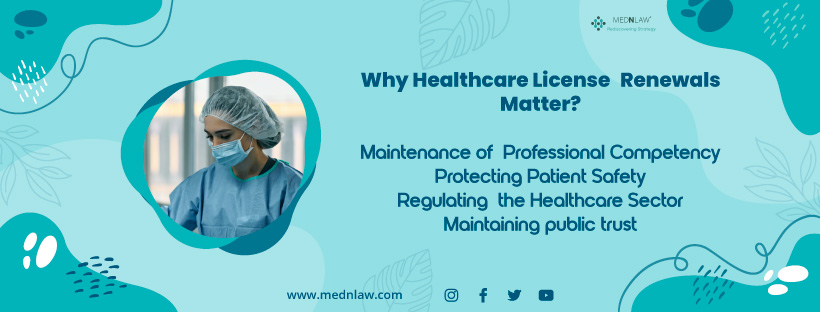
Healthcare License Renewal: What You Need to Know Healthcare
The efficiency of the professionals often increases in areas where licenses must be renewed regularly. This helps in navigating the complexities. Healthcare license renewals can be challenging since not only does each state (even each profession in the same state) have its own way of doing things, but healthcare license renewals with all of their details are intensive and comprehensive.
Why Healthcare License Renewals Matter?
There are many important reasons for healthcare license renewals.
Maintenance of Professional Competency:
The renewal process for these professionals typically requires them to prove that they are taking the Continuing Professional Development (CPD) courses or seminars. This helps them to be up-to-date with developments within their industry. Regularly monitor compliance with ethical guidelines. Asking for healthcare license renewals creates space for check-ins to validate professionals are maintaining ethical practices and complying with codes of conduct.
Protecting Patient Safety:
They also contribute to patient safety by ensuring that professionals are qualified, which reduces the risk of medical errors and also increases the efficiency and accountability in the medical professionals.
Regulating the Healthcare Sector:
Having regulatory bodies renew licenses means they have ongoing oversight of the healthcare workforce and can continue to monitor compliance with laws and rules.
Maintaining public trust:
The healthcare license renewals ensure that every medical professional is aware of the most recent standards and practices, thereby helping maintain public faith in the Indian healthcare system.
Overview of the Regulatory Environment
India has failed to develop a robust system of healthcare regulation, with a myriad of bodies overseeing and regulating healthcare professionals at the national and state levels.
National Medical Commission (NMC) – The National Medical Commission (NMC) is a vital regulatory authority that covers doctors and controls medical education and practice.
Indian Nursing Council (INC) – This council manages nursing education and practice.
Pharmacy Council of India (PCI) – The Pharmacy Council of India oversees pharmacy education and practice.
State Medical Councils – This council manages sustainable practice with respect to practitioners and health service providers.
State Nursing Councils – State boards are responsible for the rules and regulations for license renewals for all these bodies. Further, these rules and regulations can differ significantly.
Renewal process of Healthcare license renewal
Although the specific requirements can vary, the general renewal process often includes the following steps:
Meeting Eligibility Criteria – Specific eligibility criteria include fulfilling CPD hours or being an active professional association member.
Submitting an Application – You have to apply for renewal to the relevant regulatory body and submit the supporting documentation.
Paying Renewal Fees – Renewal fees are usually mandatory. The costs can differ by profession and state.
Providing Proof of CPD – Not only do professionals have to complete their CPD activities, but they also have to demonstrate that they have done so.
Verification and Approval – Before granting the renewal, the regulatory authority will review the application and the accompanying documents.
Issuance of Renewed License
A renewed license is issued upon a successful application. Requirements vary from profession to profession.
Doctors – With states having different requirements for the healthcare license renewal for doctors, the NMC is focusing more on the field of CPD for doctors. The actual process of renewal is handled by the state medical councils. Medics might have to provide evidence that they attended conferences, workshops or took online classes.
Nurses – The Indian Nursing Council provides rules and regulations for nursing education and practice, and renewals are carried out by corresponding state nursing councils. For instance, CPD programs may be mandated or an active membership in professional organizations.
Pharmacists – Basic pharmacy education and practice are regulated by the PCI, while renewals are managed through state pharmacy councils. Some may compel pharmacists to attend CPD programs or justify continuing work experience.
Diagnostic Professionals – Other diagnostic professionals will be regulated by the National Allied and Healthcare Professions Council and state councils. Many CPD requirements are mandated by their respective councils.
Healthcare License Renewal Roadblocks: Overcoming Common Obstacles
Lack of Awareness – A lot of professionals work ahead of their applicable healthcare license renewal requirements in their state because of the lack of awareness. Thus, they need to visit the websites of relevant regulatory bodies and professional associations to stay up-to-date on requirements.
Difficult access to CPD opportunities – People are not able to access the opportunities brought by the government, particularly in rural areas. It is important for reputable organizations and governments to provide research online through CPD programs, webinars, and workshops.
Administrative Delays – There may be bottlenecks and delays in the administrative processing of the renewal. Therefore, it is essential for medical professionals to submit applications well in advance of the expiration date and monitor the application status.
Variation in state regulations – The variation between states’ laws and regulations makes healthcare license renewal difficult. Thus, the medicos should be sure to check what state council they are registered with and then follow the rules of that council.
Role of Technology – Through technology, healthcare license renewal can be made easy. Technology is already capable of automating healthcare license renewals. This could be facilitated through online portals and digital platforms.
Submissions of Applications Online – This would reduce paperwork and administrative burden.
CPD Tracking and Management – Enabling professionals to log their CPD activity and upload evidence online.
Automated Reminders – Send reminders about upcoming renewal deadlines.
Digital Verification – Enabling faster validation of credentials.
Looking Forward – The Future of Healthcare Licenses Renewal
The future of healthcare license renewals in India will be characterized by an increased emphasis on CPD. Regulators will continue to stress the importance of CPD in ensuring professional competency.
Greater Use of Technology: Explore digital platforms and online tools. The renewal process is going to be more digitalized with the influence of various online tools.
Harmonization of Regulations: There may be attempts to coordinate renewal requirements between states and professions.
Competency-based renewals - Ensuring that professionals are up to date on the latest information and competent in their field.
Conclusion: Don’t Delay, Renew Today
Keeping the healthcare licenses renewed is a routine process in India, and it serves as a back-end for ensuring patient safety, professional competence, and regulatory oversight.
By familiarising themselves with the process and keeping abreast of specific requirements, healthcare providers can ensure they retain their credentials and continue delivering top-notch care to their patients. As these regulations continue to change, it is the responsibility of each healthcare professional to ensure they comply with the rules of their license. Undoubtedly, healthcare license renewals are one of the compliance practices that help the healthcare industry function.
-
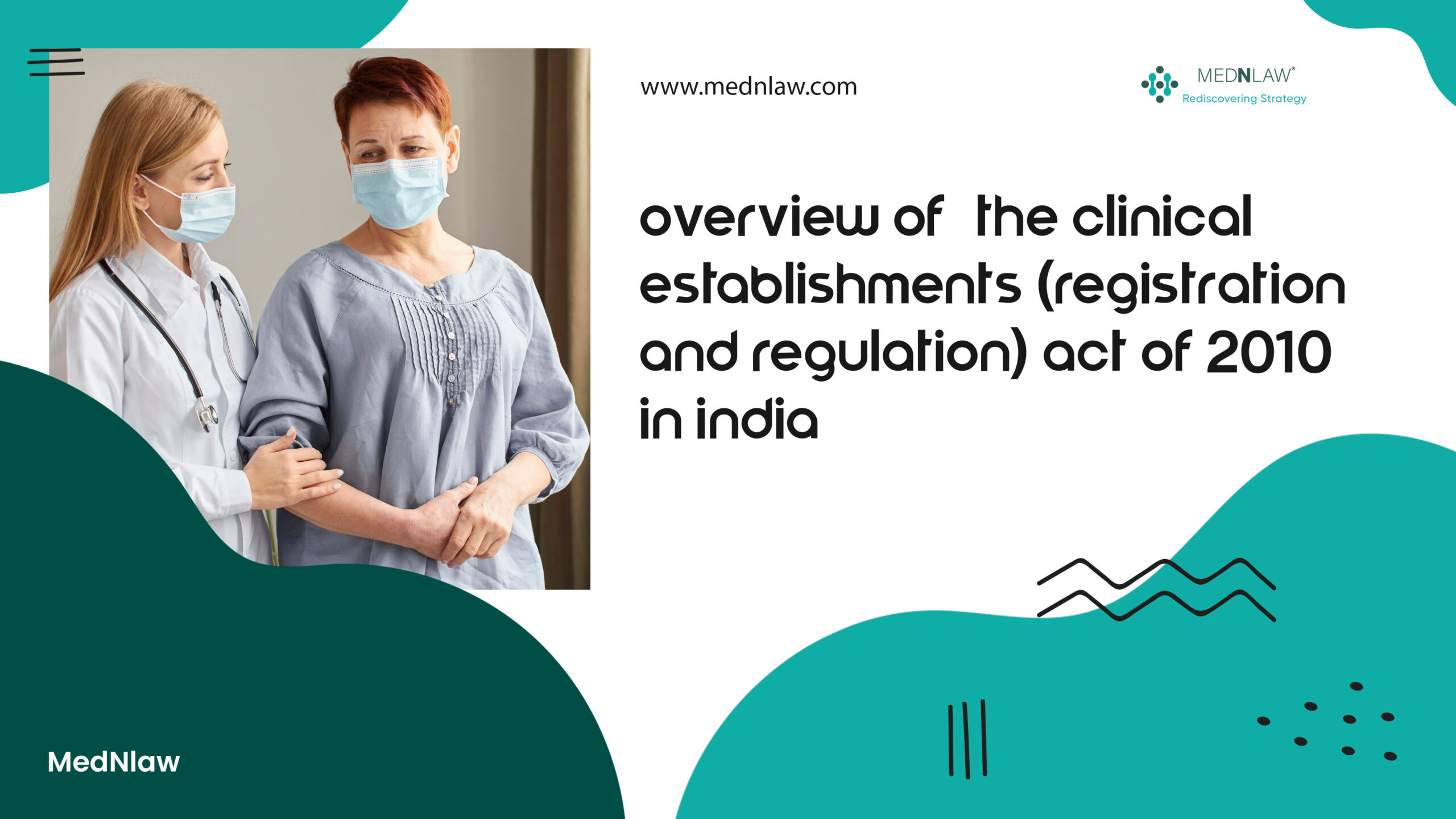 Overview of the Clinical Establishments Act of 2010 in India9:56 am GMT+00:00•April 28, 2025Read more
Overview of the Clinical Establishments Act of 2010 in India9:56 am GMT+00:00•April 28, 2025Read more -

-

Here are some related articles you may find interesting
-
 Overview of the Clinical Establishments Act of 2010 in India9:56 am GMT+00:00•April 28, 2025Read more
Overview of the Clinical Establishments Act of 2010 in India9:56 am GMT+00:00•April 28, 2025Read more -

-

-
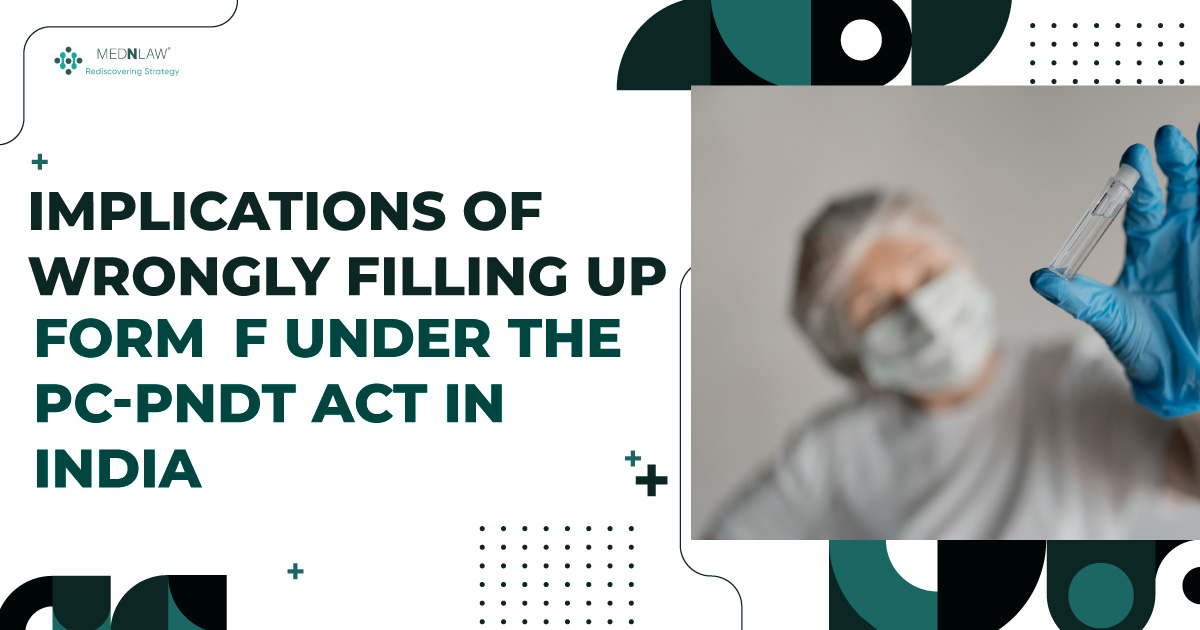
-
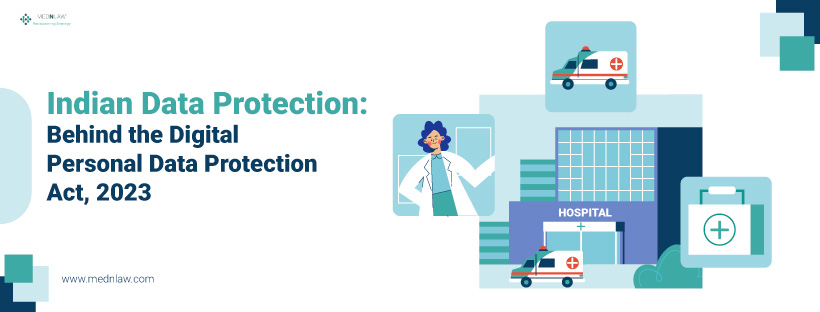
-

Copyright Mednlaw



